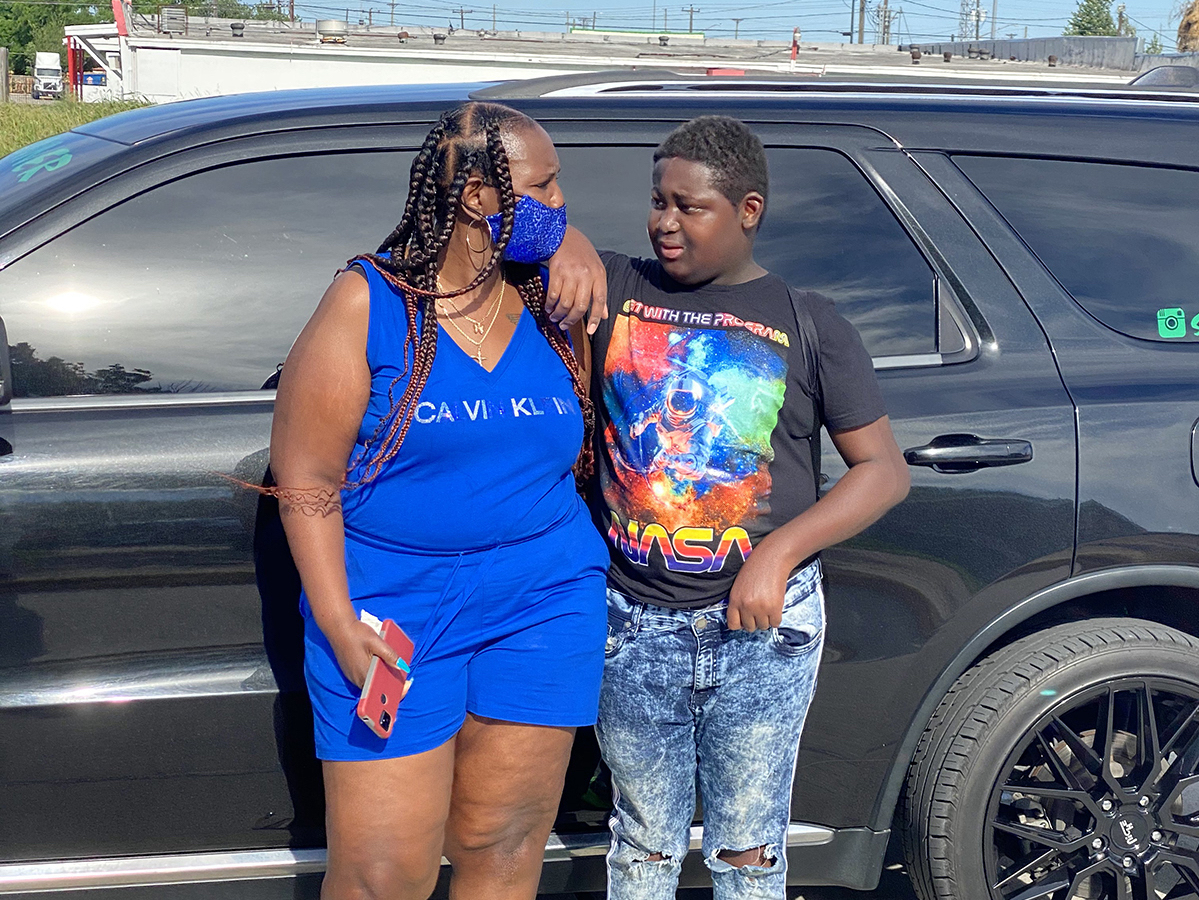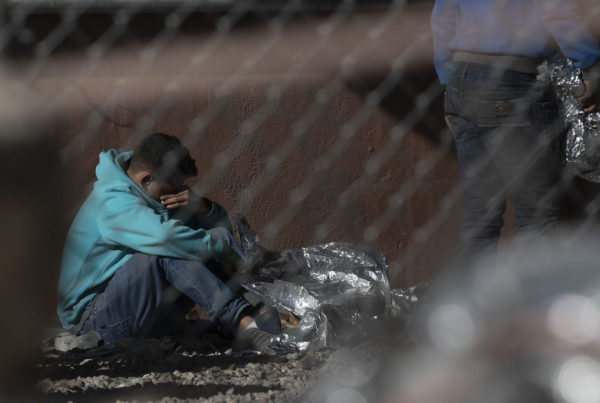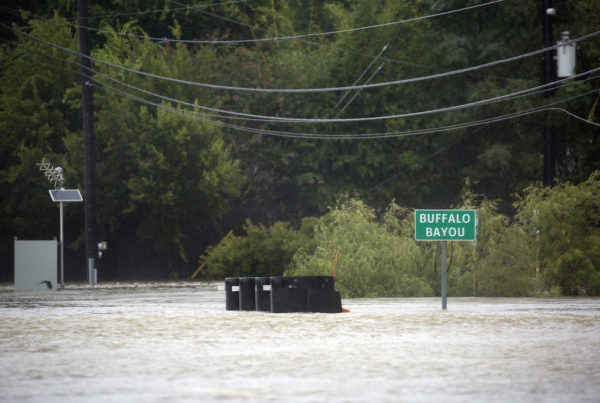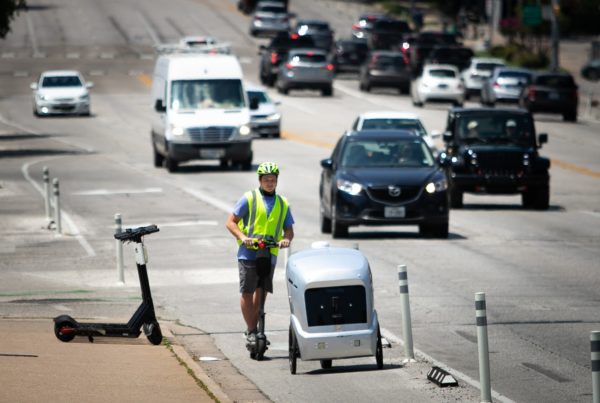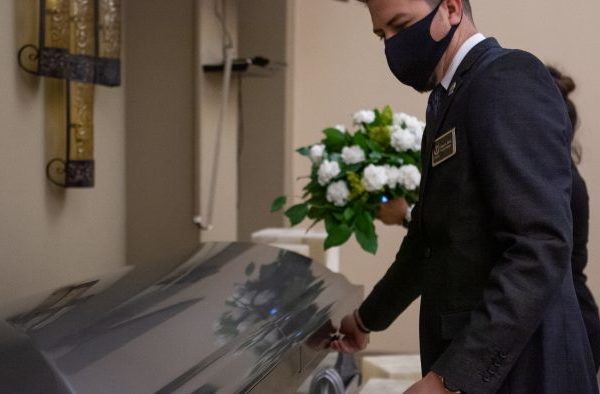Environmental racism is the focus of this season of the NPR podcast “Living Downstream.” A new episode of that podcast focuses on Houston’s Fifth Ward and the story of 13-year-old Corinthian “Mister” Giles and his mom LaTonya Payne are.
Giles has battled childhood leukemia and Payne was diagnosed with breast cancer. Those are some of the same illnesses common among their neighbors.
Producer Laura Isensee says one study of the area found children are five times more likely to contract childhood leukemia than the average.
“We also know that adults in Houston’s Fifth Ward and also Kashmere Gardens, they also face increased cancer risk, specifically larynx cancer, esophagus, lung cancer, those types of cancers,” Isensee told Texas Standard. “And we know this from an analysis that was done in the last couple of years by the state health department that looked at cancer rates from 2000 to 2006.”


